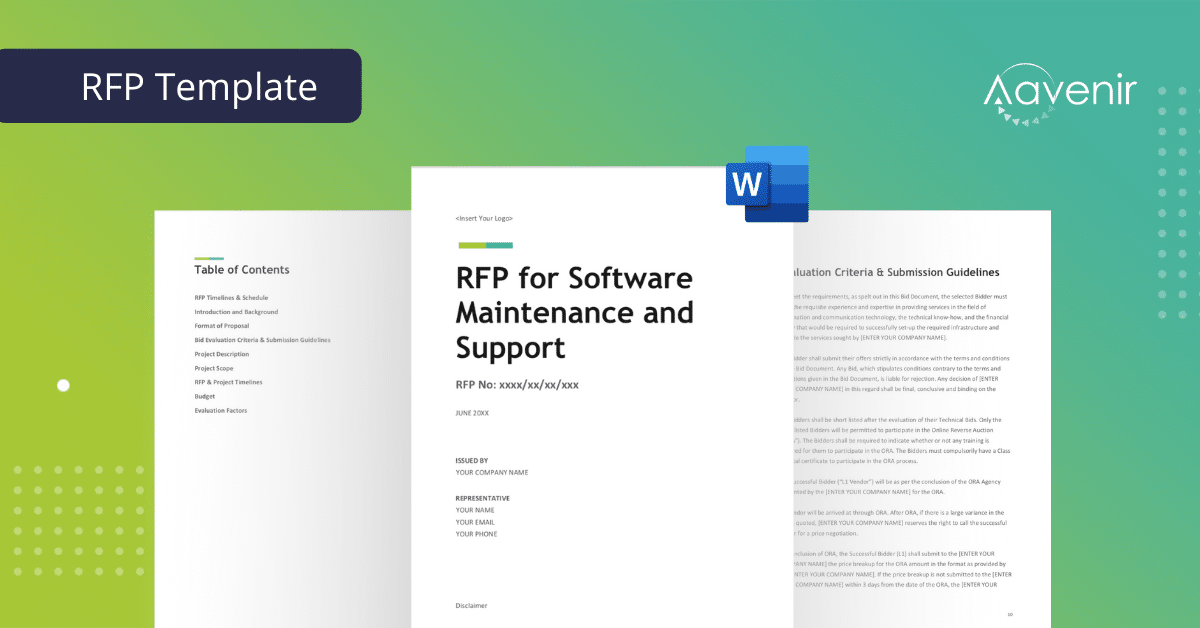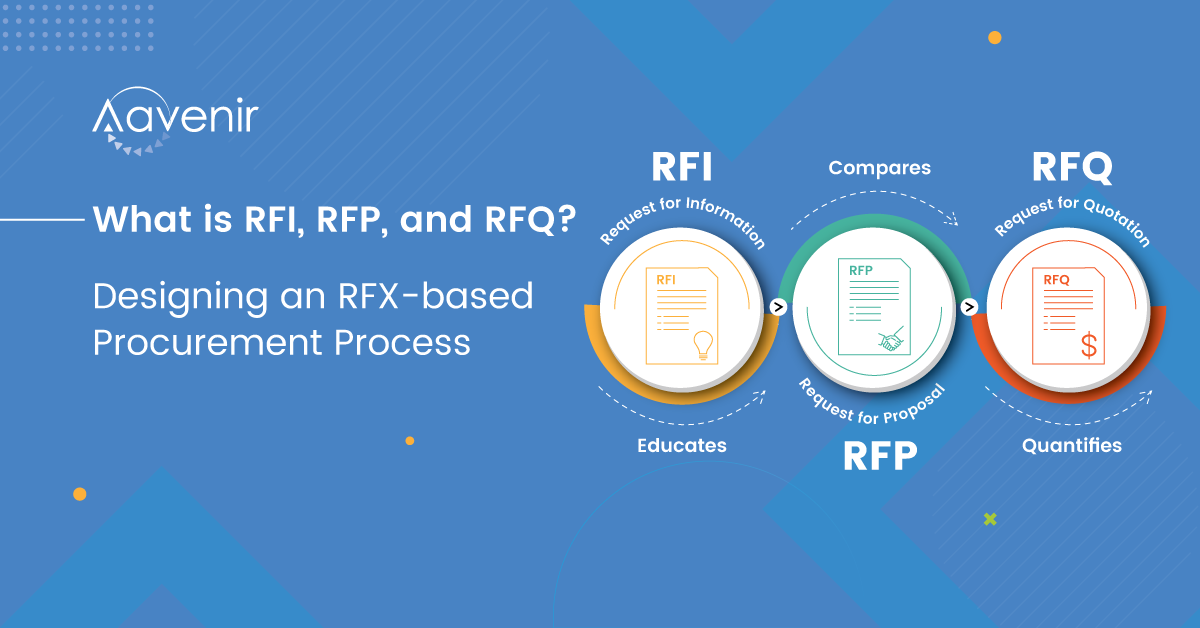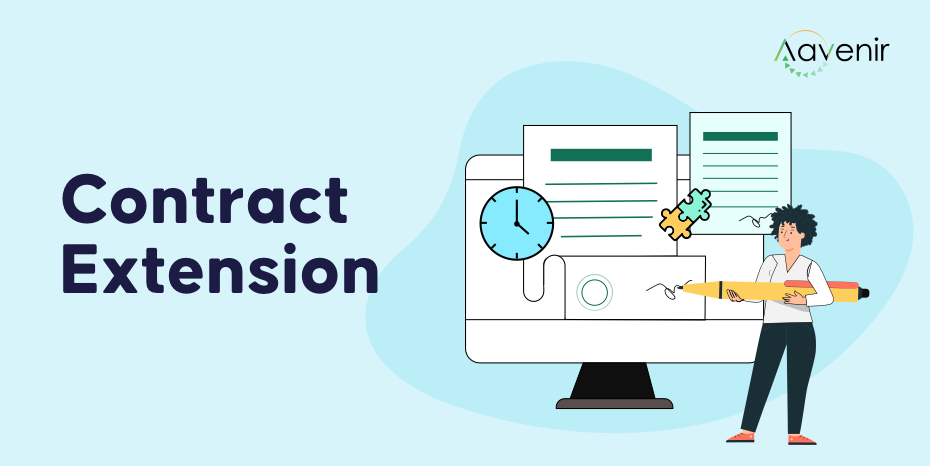What Is A Contract Extension? – Definition
Contract extension typically means an existing contract is continued for a period of time. Often, this will occur via the extension options in the contract. At the time a contract is extended, other terms might also be varied (such as pricing).

Understanding Contract Extension
Contracts are generally agreed upon for a fixed term, and as such, when the validity of the contract nears its expiry, one of two things usually happens: One, the contract reaches the end of its term and ceases to exist; Two, a brand new contract is agreed upon once the term expires. However, there is a third option as well. A contract may also be extended. In this case, a new contract needn’t be created. The date of termination of the contract is simply pushed further. This option is usually favorable in a situation where a contract has been agreed upon, but both parties are unable to carry out their performance obligations within the stipulated time period.
Contract Extension Checklist
A Contract Extension Checklist can help you make the best contract decision for your business.
Your goal as a Contract Manager is to obtain the best value for money for your organization. There are a few options available to achieve this. The contract can be:
- closed out if there is no further requirement for the services
- extended for a period of time before the contract ends
- renewed for the same or very similar services when the existing contract comes to an end
- tendered to market for a new contract.
The contract extension checklist helps you choose the best option for your organization’s needs for three reasons.
1.Structured contract review
A contract extension checklist provides a framework that steps you through the important matters to consider when deciding to extend or renew a contract such as:
- service provider’s performance over the life of the contract
- changes to your demand profile (more, less, different?)
- changes in the market (new providers, new products, better prices?)
- changes in business needs (through consultations)
past extensions - risk/value profile of contract
2.Recordkeeping
The checklist acts as a tool to keep a record of renewal activities and ensures that you can provide adequate supporting documentation to demonstrate that your decision:
- delivers value for money
- meets the business’s needs
- means better value for money that would not be obtained by going to tender
It’s best practice to always use the checklist – even for routine contract extensions/renewals. If your contract is more complex, e.g. high-value or high-risk, the checklist can still be used as a summary of key information to accompany further supporting evidence and documentation that your organization may require.
3.Anti-corruption tool
Because the checklist ensures the contract and supplier performance are honestly reviewed and appraised, it is a worthy tool for protecting you and your business against corruption. Should issues be highlighted during this process, it provides enough time for them to be corrected or for a tender to be planned and a new supplier selected.
Explore Additional Resources to Know More

Contract Worksheet
Start managing contracts using Excel Spreadsheets and create a contract database or contract repository to keep track of all your critical documents.

Datasheet
A feature-rich CLM solution built natively on ServiceNow, the world’s leading digital workflow platform, ServiceNow.

Blog
Do vendor contracts still exist in your system, but they no longer serve a purpose? What could happen to you if caught off guard by expired contracts.?


